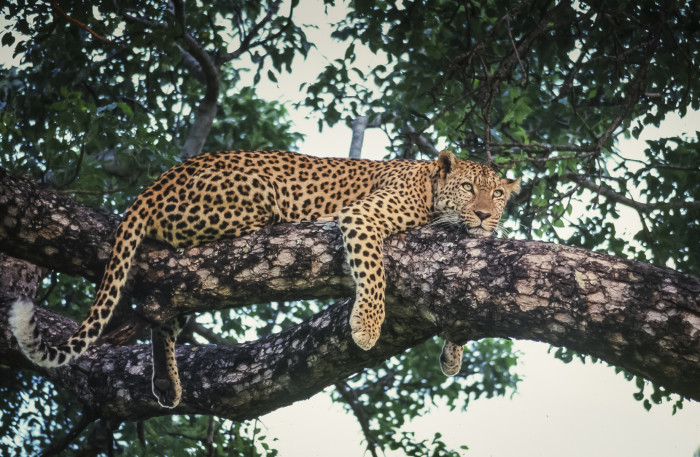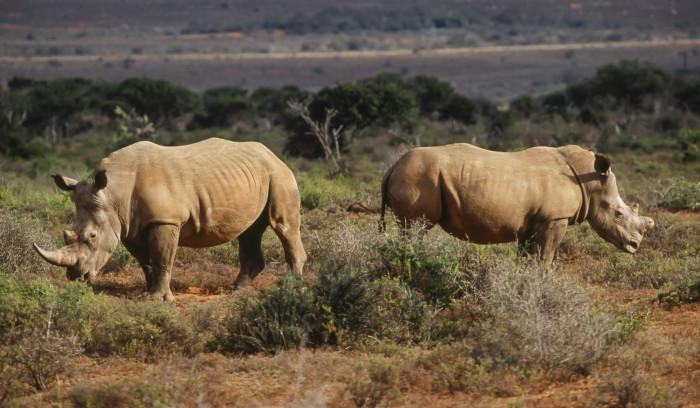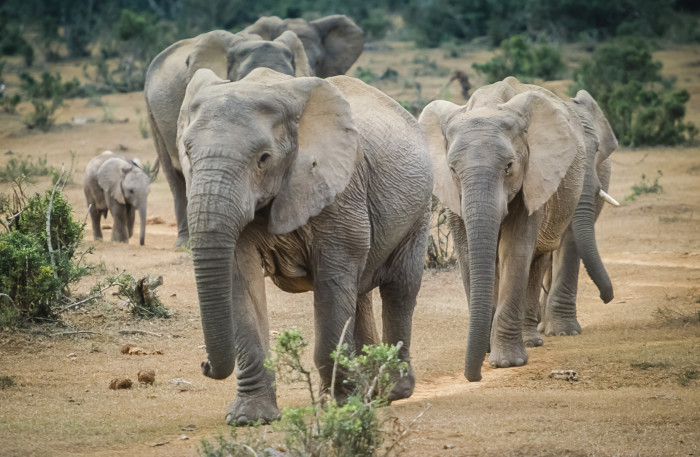As an individual who abhors the notion of a trophy hunt, the Cecil the Lion debacle prompted me to interview various conservation scientists and practitioners, ecotourism professionals, hunting associations and more to understand the real issues behind the enormous amount of social media hype. The article that I wrote based on my findings was published here. Written by: Ian Vorster

The first person I made contact with was Dereck Joubert, who operates high-end ecotourism camps in Botswana’s Okavango Delta. He is currently writing a book that digs deep into the ‘pro-hunting model’, and had this to say, “The more I scratch, the more disappointed I become in my quest to find one good example of where hunting actually works well.”
Dereck believes that hunting is an archaic management method at best, one that actually doesn’t manage anything. He asserts: “It is a selfish and incredibly brutal activity that is designed to simply serve the killer. We also need to understand the claimed amount of how much actually gets to the communities that are reported as benefactors. I can tell you this, however: if it were working well, after over 100 years of hunting-era management, the communities and wildlife would be in good shape. Instead, we are seeing massive declines in wildlife, and increased levels of poverty and corruption surrounding wildlife areas.”
Following that, I contacted Dr Michael Knight, the director of science for SANParks, and Chris Weaver, the conservation programme director for World Wildlife Fund’s Southern Africa programme.
What they had to say could be summarised in these three points:
1. The current trophy hunting model is corrupt;
2. All areas and all species cannot be regarded in the same way — for example, rhino habitat and management in Namibia differs from lion habitat and management in Tanzania;
3. And if the revenue stream from trophy hunting is taken away, it will only hasten the demise of wildlife because of human-animal conflict in remote areas – especially in areas in which the ecotourism lodge model does not work as well.
The third point seems to serve as a wrench in the wheel for anyone who might be opposed to the trophy hunt.

Dr Stuart Pimm is the Doris Duke Professor of Conservation Ecology and the division chief of the Environmental Science and Policy Division at Duke University. He notes the tension between the factions: “The issues with hunting wildlife are very complicated, and those in Africa especially so. There are those who think all hunting is unethical. There are those who think sustained hunting can do a lot of good.”
Pimm illustrates his point with the following example of two adjacent countries – Kenya bans all hunting, while Tanzania devotes far more of its land to hunting concessions than it does to protected areas. Namibia, like Tanzania, has a mix, and yet is a very different country ecologically and in terms of its per capita wealth.
“Some in Kenya feel that what it gains from tourism is its best land use. Tanzania has vast areas of very poor quality land for which hunting may be the best use. Hunters argue that without the money they bring in, these areas would likely be converted to other uses, and all wildlife, including those species that are hunted, would suffer.” Recent reports in Kenya say that the country is suffering a steep rate of loss of wildlife and habitat, which many attribute to its non-hunting policies. However, both Tanzania and Mozambique have suffered similar losses, and yet both countries have hunting.
So what is a possible solution if neither the current hunting model nor refraining from the trophy hunt works?
A caveat that has endured in this investigation seems to be that hunting needs to be done in a legal and sustainable way. This is especially a challenge for poor countries with limited resources, like Zimbabwe, where the government has been implicated in both rhino and elephant poaching.

Michael Knight explains: “The principle of getting the most return for a hunt is good – it increases the value of wildlife. In many cases, authorities are actually under-charging, and without good governance, the system is open to corruption.” Dr Knight supported the black rhino hunt in Namibia, partly because 100 percent of the funds went directly to support a small community and further conservation efforts and because the rhino was an old male who could no longer breed.
Regarding revenue, lion researcher Dr Craig Packer notes that a prime trophy lion costs about a million dollars to protect through its life, so US$50,000 for Cecil was minuscule. He suggests that the prices should be raised significantly and that the hunting culture should be changed so that, for example, 20 hunters each pay US$50,000 for a lottery tag to get the chance to shoot one six-year-old male. He emphasised that land is not being adequately maintained in most of Africa. “African sport hunting stands in stark contrast to what we see in the U.S., where operators really do help conserve habitat. Most African sport hunting operators are strip miners who gain access to the land through under-the-table deals and try to make a profit by promising 100 percent hunting success rates and minimising their investments in anti-poaching or community conservation, or anything else. There are a few exceptions, but only a few.”
In closing, I’d like to give Dereck Joubert the last word: “While this is a practical debate, it is also a philosophical one. In my opinion, one has to tackle the moral and ethical issues first, and the financial or economic ones only after that; otherwise, we will be making terrible decisions that take us down an ever more slippery slope in life. Some things in life make perfect economic sense, but we should never even consider them based on moral grounds – slavery would be a prime example.”
Whatever our personal opinions, it’s clear that trophy hunting remains a contentious debate. It seems to me that some compromise is needed if we hope to save what is left of our wildlife. We need to find a 21st-century way forward.
To comment on this story: Login (or sign up) to our app here - it's a troll-free safe place 🙂.![]()






